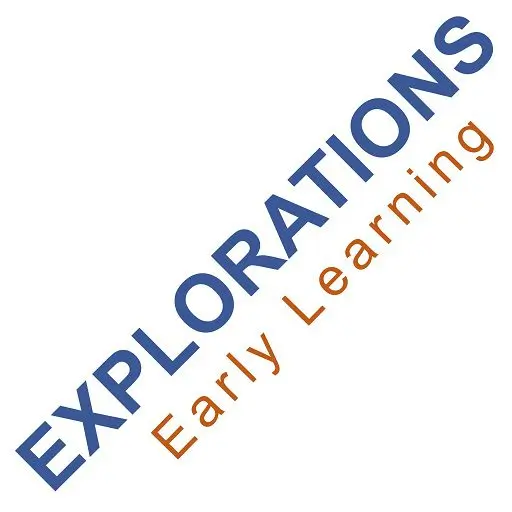
Description
While play researchers and theorists have established a clear and agreed-upon definition of play and its importance in the lives of young children, confusion remains about what is and is not play. This session examines the purpose of play and the difference between real play and play-like activity.
Outcomes / Goals
Attendees will
- Become familiar with the five conditions of play
- Understand the difference between real play and play-like activities
- Understand the importance of real play
Competency Area
- Alabama | Learning Experiences And Enrichment / Child Development
- Illinois | Curriculum Or Program Design
- Michigan | Teaching And Learning
- Missouri | Use A Broad Repertoire Of Teaching Skills And Strategies For Learning
- Nebraska | Planning Learning Experiences And Curriculum
- Oklahoma | Learning Environments And Curriculum
- South Dakota | Learning Environments
- Wisconsin | Learning Experiences, Strategies, And Curriculum
- CDA | Advancing Children’s Physical And Intellectual Development
Clock Hours
Available in 60 and 90-minute formats
Agenda
This is the breakdown for the 60-minute version of the session:
| Topic | Time | Activity |
|---|---|---|
| Introduction | 05 minutes | Monologue |
| The 5 Conditions Of Play | 25 minutes | Discussion |
| REAL Play Vs Play-Like Activity | 25 minutes | Discussion |
| Conclusion | 05 minutes | Monologue |
Related Resources
This session is based in part on content from my books:
- Let Them Play
- Let’s Play
- Let’s All Play
Content Level
Beginner / Beginner / Intermediate
Age Group Focus
- Toddlers (12 months to 36 months)
- Preschool (36 months to 5 years)
- School Age (5 years to 12 years)
- Adults
Target Audience
- Family Child Care Providers
- Child Care Center Teachers
- Child Care Center Directors
- Head Start Teachers
- Head Start Administrators
- Early Head Start Teachers
- Service Coordination Staff
- Technical Assistance Specialists
- Home Visitors
- Parents
